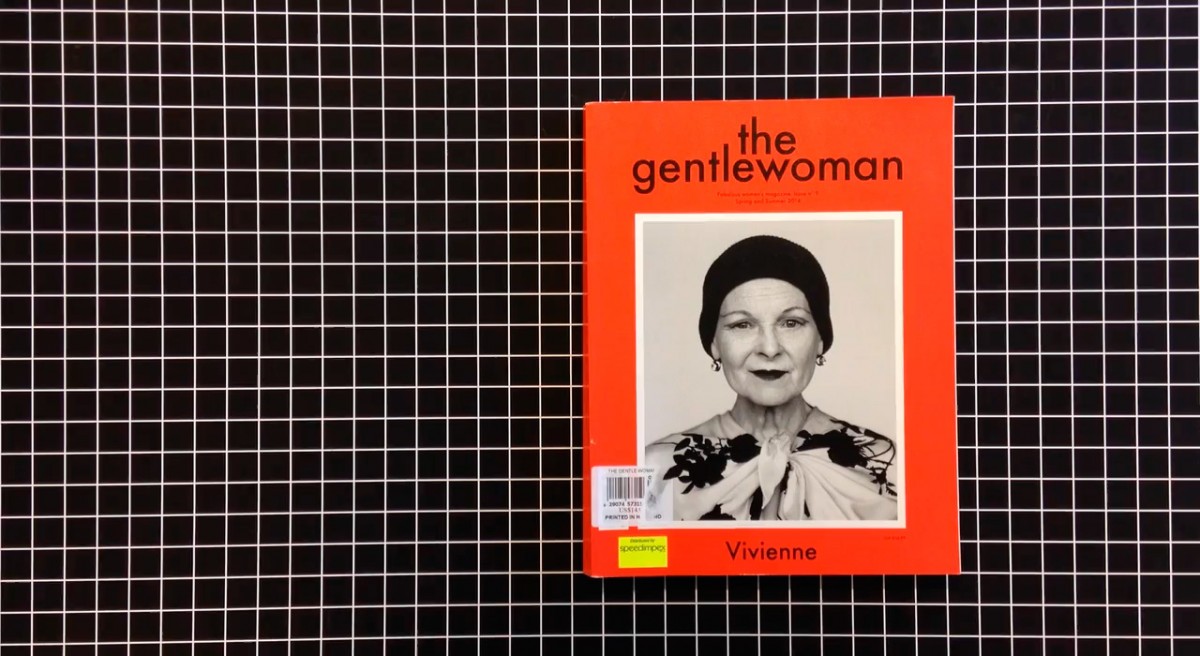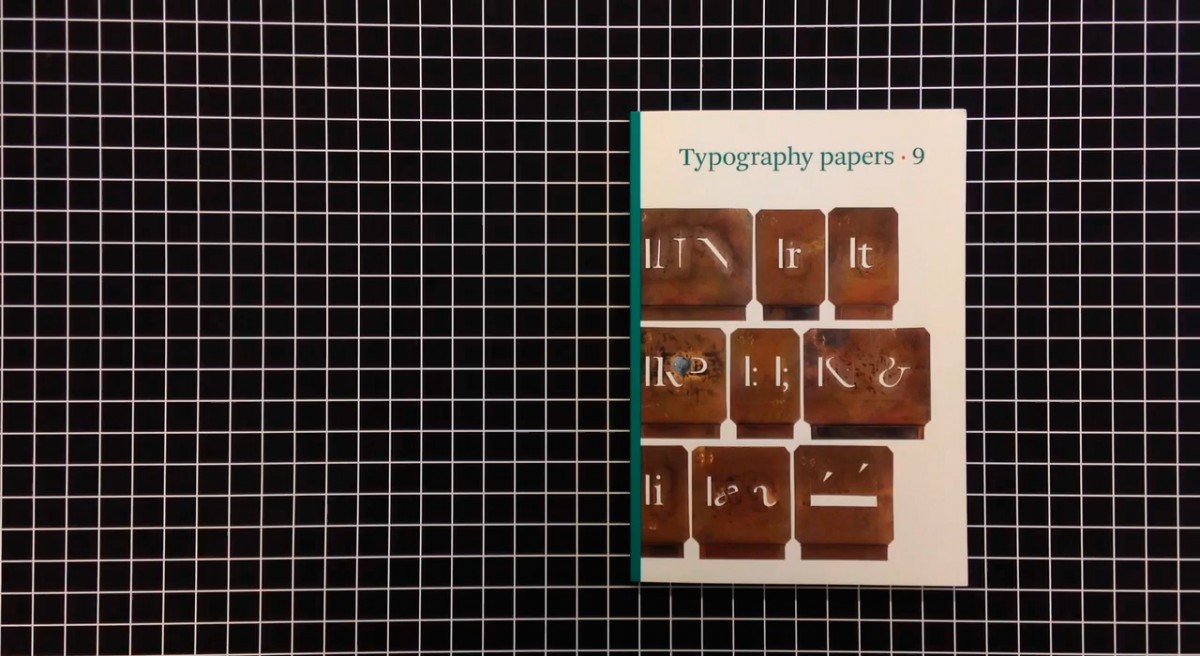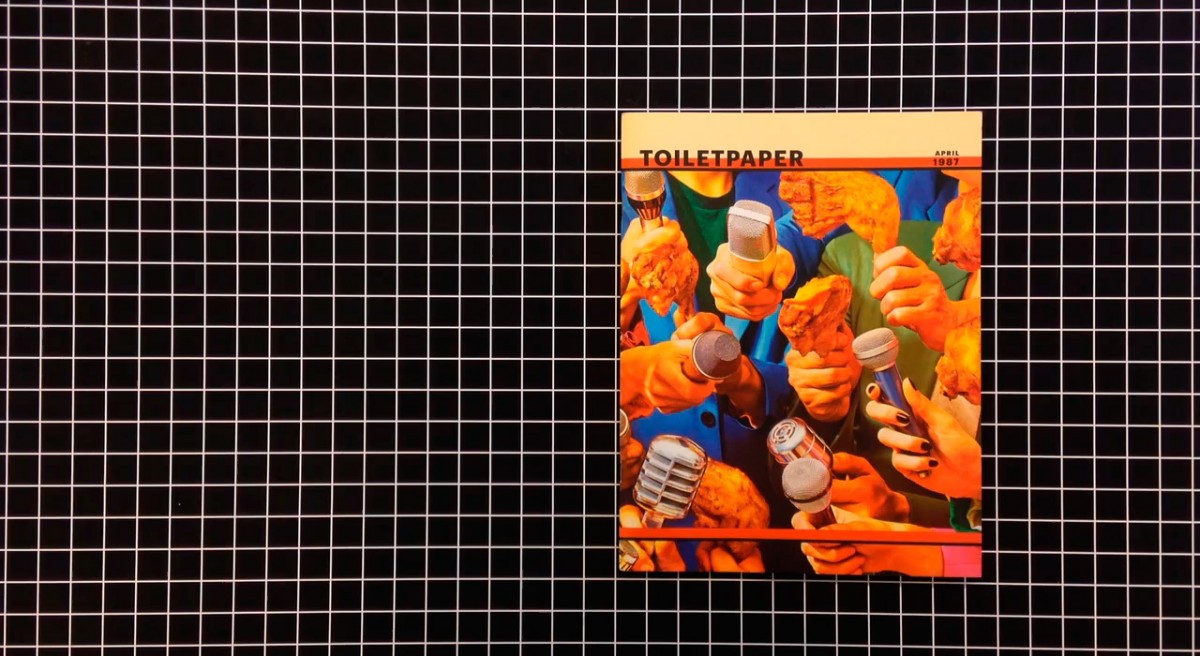Further Reading
A collection of digital publishing references.
- App
- Browser
- Color
- Communication
- Cover
- Design
- Digital
- Emoji
- Exhibition
- Graphic Design
- History
- Internet
- Magazine
- Motion
- Navigation
- Photography
- Programming
- Typography
- UI
- UX
- Virus
- Visuals
- VR
- Web Design
- Wireframe
Abstract Browsing
itsnicethat.com
Digital artist Rafaël Rozendaal is turning the internet inside out with an exhibition at Steve Turner Los Angeles.
As We May Think
theatlantic.com
As Director of the Office of Scientific Research and Development, Dr. Vannevar Bush has coordinated the activities of some six thousand leading American scientists in the application of science to warfare.
Google Design
design.google.com
Google Design is a cooperative effort led by a group of designers, developers, writers, and UX advocates at Google whose goal is to capture and share their work and ideas with the user.
How Browsers Work: Behind the scenes of modern web browsers
html5rocks.com
This comprehensive primer on the internal operations of WebKit and Gecko is the result of much research done by Israeli developer Tali Garsiel. Over a few years, she reviewed all the published data about browser internals (see Resources) and spent a lot of time reading web browser source code.
Resilient web design
resilientwebdesign.com
Resilient Web Design, you might think that this is a handbook for designing robust websites. This is not a handbook. It’s more like a history book.
The Box Model
learn.shayhowe.com
… Now we’re going to go a bit deeper and look at exactly how elements are displayed on a page and how they are sized.
The Future of Browser History
medium.freecodecamp.com
About browsers history, and how we tend to browse nowadays.
The Web Is Dead.
wired.com
Two decades after its birth, the World Wide Web is in decline, as simpler, sleeker services — think apps — are less about the searching and more about the getting. Chris Anderson explains how this new paradigm reflects the inevitable course of capitalism. And Michael Wolff explains why the new breed of media titan is forsaking the Web for more promising (and profitable) pastures.
The Web Time Forgot
nytimes.com
In 1934, Paut Otlet sketched out plans for a global network of computers (called “electric telescopes”) where “anyone in his armchair would be able to contemplate the whole of creation”, By Alex Wright
Writing Space: Computers, Hypertext, and the Remediation of Print
Reflecting the dynamic changes in electronic technology since the first edition, this revision incorporates the Web and other current standards of electronic writing. By J. David Bolter.






